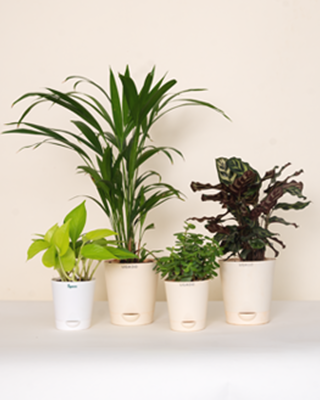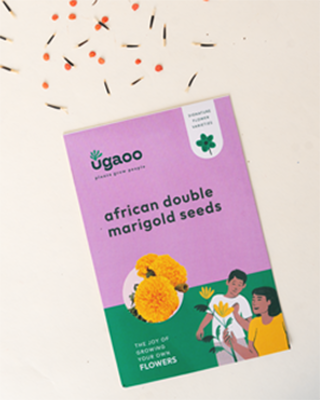How to Water Trees?
Check the soil moisture and water when it reaches a critical level. Homeowners or gardeners do not have the instruments to measure soil moisture. Thus, it is vital that soil surface is monitored and carefully observed to evaluate when watering is actually needed.
- Leaf curling or detachment happens due to a lack of moisture. Trees should be watered before these symptoms are visible. Use a soaker hose or make arrangements drip irrigation to water trees efficiently. Though sprinklers are less efficient, they are easy to use.
- Organic mulch conserves moisture, thus use it and apply water over the mulch.
- Do not flood the tree base with water, as some of the fine feeder tree roots are located at the base.
- Excessive watering might lead to pest problems and root rot. Thus, avoid deep watering.
- Remember that most of the absorbing roots are at the upper 12 inches of the soil, thus surface applications are more beneficial. Deep watering does not reach these roots and allows water to drain away from the primary active root zone. Surface soaking allows tree roots to absorb more water.

Where to Water Trees?
- Watering should take place beneath the crown of the tree and extend a few feet beyond crown's drip line.
- Do not water the trees closer than 3 feet to the base of the trunk and not too beyond the drip line.
- Ensure that the water gradually soaks into the soil and does not run off. Use mulch and slow application rates on slopes, clay and compact soils.
When to Water?
- The ideal time to water trees is in the evening or at night.
- Trees replenish moisture during these hours when they are not stressed by hot temperatures.
- Watering at night allows efficient use of water and less evaporation.
- Trees use more water when the temperatures rise. This should be considered where surface temperatures begin to escalate.

How Much Water and How Often?
- This largely depends on soil texture and structure, temperatures and the precipitation amount and timing.
- Trees grown in thin soils, containers or pots, on slopes, adjacent to warm surfaces and sandy soils would need more water.
- Trees in heavier soils with great water-holding capacity would require less water. Overwatering trees in these areas would lead to anaerobic soil conditions, root diseases or withering of trees.
- During the growing season, water trees once or twice a week in case of limited rainfall. A few, high-volume waterings are more beneficial than numerous light and shallow watering sessions.
- Light watering encourage shallow rooting, which can lead to more damage during a lengthy drought. Once you start watering, continue it throughout the drought period as precipitation is limited during that time.
- Light watering tends to benefit turf more than trees, especially with in-ground irrigation systems.

Watering other garden plants
- Small trees, grass, shrubs, annuals and perennials near the trees compete severely for water.
- Removing some of this competing vegetation can reduce moisture stress.
- When the days get shorter, and the climate gets cooler, trees prepare for the winter. Many of the leaves look unhealthy as they curl, become spotty in appearance and begin to change colour or discolour; this is a part of the ageing process.
- Watering during this time may be necessary as the soil gets excessively dry. However, the amount of water and the frequency of watering should be decreased as the tree does not require large quantities water for transpiration and photosynthesis. Read about 20 essential tips on watering houseplants.

Looking for watering cans, watering hose, shower heads or sprinkles? Log onto Ugaoo.com and pick what suits your needs.
Adapted from: K.D. Coder. 1999. Watering Trees. University of Georgia, Warnell School of Forest Resources, Athens, GA











